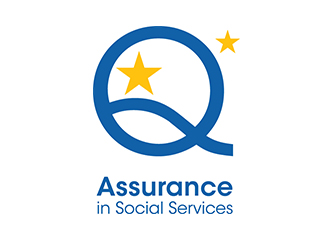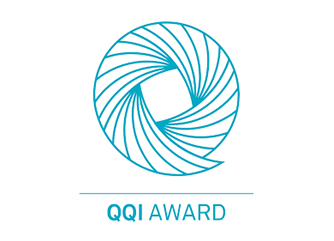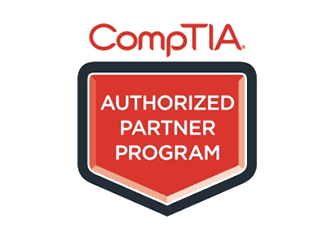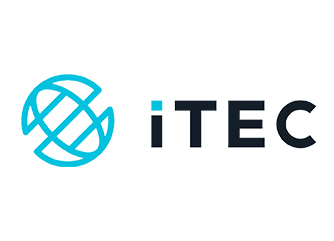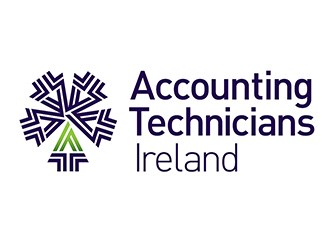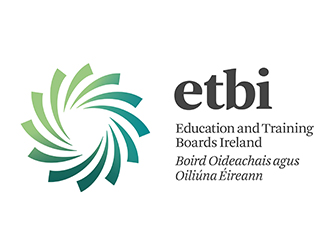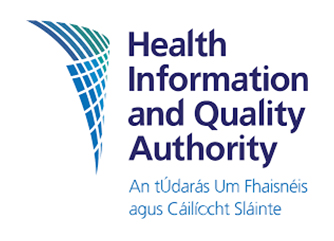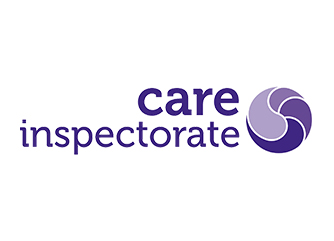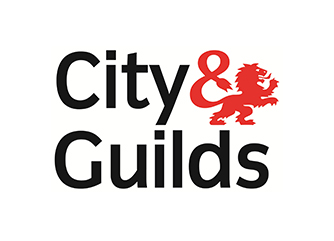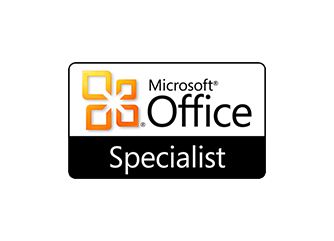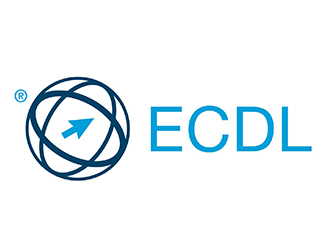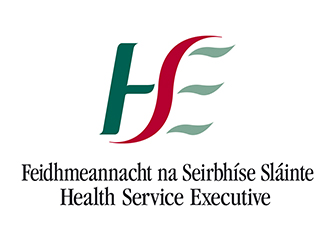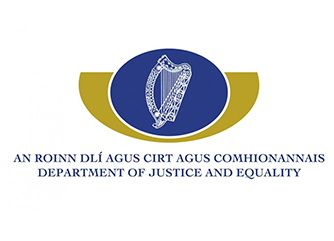National Learning Network provides training and specialist support to people who, for a variety of reasons, may find it difficult to gain employment.
What is Intellectual Disability?
Intellectual disability is thought to affect about 1% of the population. People with Intellectual Disability face problems with general mental abilities such as learning, problem solving, judgement and adaptive functioning, such as common activities of daily life (communication and independent living).
People with an intellectual disability experience very poor mental health relative to the general population. Amongst people with an intellectual disability, common mental disorders occur 2-3 times more often.
How NLN Helps People With Intellectual Disabilities
We offer specialist training services to adults with a Mild Intellectual Disability, Moderate Intellectual Disability and adults who have an intellectual disability alongside a mental health issue or autism.
These services include:
- National Learning Network offers HSE-funded Rehabilitative Training (RT) for adults with an Intellectual Disability leaving school, who wish to further their education. These programmes are underpinned by the HSE policy on New Directions and students’ progress through these programmes following a Person Centred Plan (PCP) which is unique to them. These students work towards their own goals in terms of independent living skills as well as academic modules of their choosing.
- National Learning Network also offers ETB-funded Vocational Training programmes to adults with an Intellectual Disability. These training programmes progress students via an Individual Action Planning (IAP) system which means each and every student has their own individual plan to meet their needs. Instructors support the students towards certification and work readiness.
The students’ voice is highly valued across all our services and student’s views are sought on a regular basis in order to continually improve our students’ experience. During training, our students can access the following supports:
- Rehabilitation Officer
- Psychologist
- Resource Teacher
- Advocacy Officer
Get In Touch
We would be delighted to hear from you to discuss your individual needs and which course would best suit you.
- Find your local NLN centre here
- For general enquiries about NLN, please email info@nln.ie
- For all other queries call 01 205 7200.
